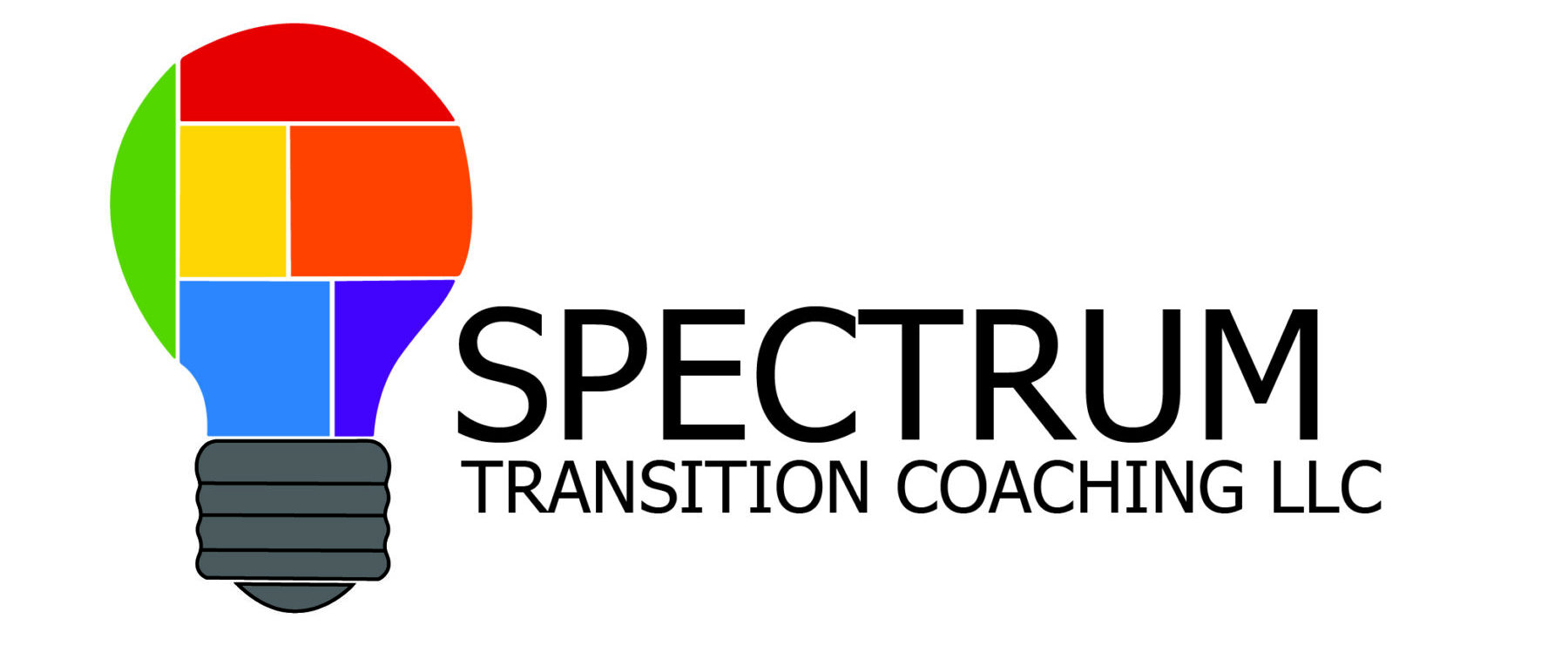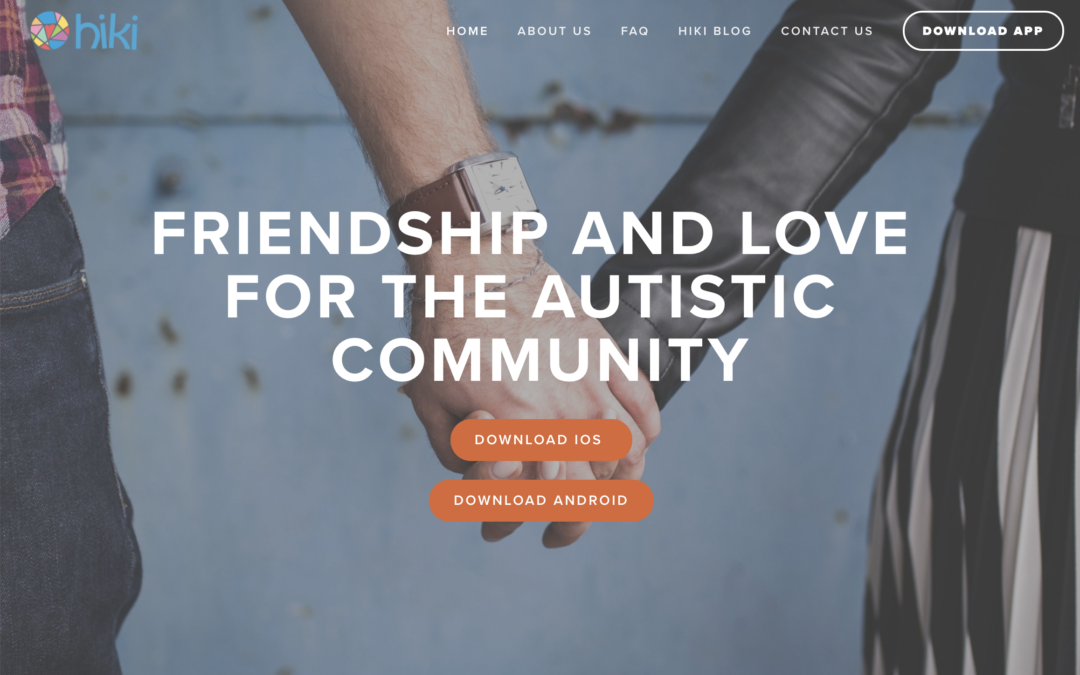Less loneliness and more community? Yes, please!
Clients often tell me that they are lonely. Even clients who are out and about going to classes or work tell me that deep and meaningful connections are lacking in their lives. To be human is to crave communication with someone who truly understands you and accepts you as you are. Some of my clients turn to mainstream matchmaking and dating apps to find these kinds of connections. While it is possible to find partners through these traditional tools, my clients are frustrated with this approach. They talk about the pressure to mask their autism and the mixed messages from matches. First dates rarely lead to second dates. True connection remains elusive.
So why is it so difficult for autistics who wish to find deep and meaningful relationships through traditional dating apps?
I think the answer is that many of these platforms rely on snap judgements based on physical attraction (Swipe left! Swipe right!), flirty chat messages, and a quick “spark” of interest. Neurotypical relationship seekers may see these shallow actions as a means to finding true companionship. But the stress of that may be too steep a price for autistic relationship seekers. The problem is that we live in an age where the internet and apps dominate. So what is the solution? Enter Hiki – a friendship and dating app for autistics.
I recently sat down with Jamil Karriem, founder, and CEO of Hiki (pronounced HEE-kee) to learn more.
STC: Jamil, can you tell me more about Hiki and why you developed it?
Jamil: Sure! I had a conversation a few years ago with a cousin of mine who is autistic. He told me how lonely he was and that he feared he wouldn’t be able to find love or start a family. I come from the tech start-up world and wondered how I could leverage my skills and connections to help the autistic community. I’m neurotypical and was very mindful of the “savior complex” approach many neurotypicals take when they try to create something for neurodivergents. So my goal was to gather a neurodivergent team to create a safe space where autistics didn’t feel othered. A place to find community and joy:
STC: Can you tell me more about the Hiki team?
Jamil: I’m the only neurotypical on the team. The app was designed by an autistic woman and we have a group of about 50 neurodivergent (mainly autistic) developers and testers. The designer would mockup parts of the app and the whole team provided feedback on each aspect of the app. It was a very grassroots, community process. It still is. About once a month we send out a survey to our users to ask for feedback which we then incorporate into updates. We also have a mental health advisory board we consult regularly for feedback on best practices.
STC: How about the user experience?
Jamil: I should probably mention that Hiki mean “able” in Hawaiian. The mission of Hiki is to enable autistics to lead more fulfilling lives and find joy from the shared experiences of a community where you don’t feel othered. Hiki is a friendship and community-building platform. Finding romantic partners isn’t the primary goal. Hiki is NOT a match-making site. Hiki is free and all features currently on app will remain free. In order to gain access to Hiki, new users must first complete an online safety course. We also have lots of safety features built into the back end of the app to find and ban “bad apples” so the community remains a safe space. As I said earlier, we are always looking for feedback from our users. We know as developers that we don’t have all the answers.
STC: Thank you so much for talking with me Jamil. Is there anything else you would like autistic adults to know about Hiki before I let you go?
Jamil: Yes. Thank you. The Hiki community is YOURS. We want you to experience the joy of belonging to a community. We want to stop self-harm based on loneliness within the autistic community.

